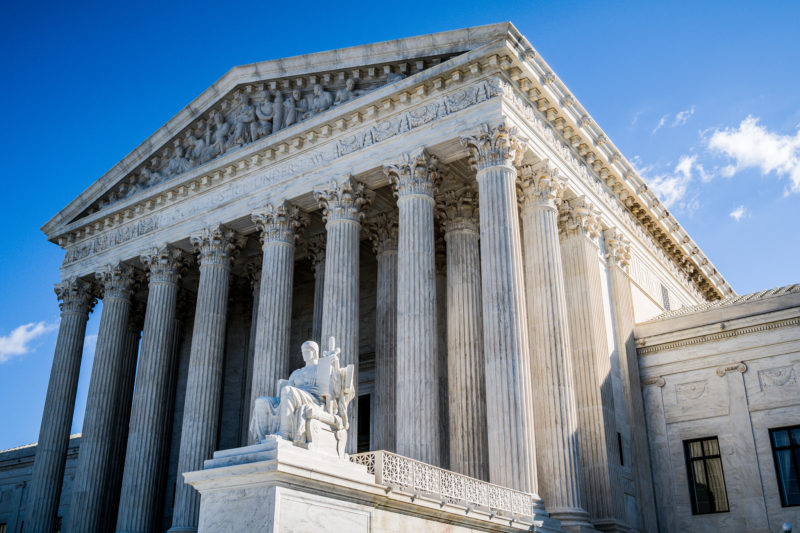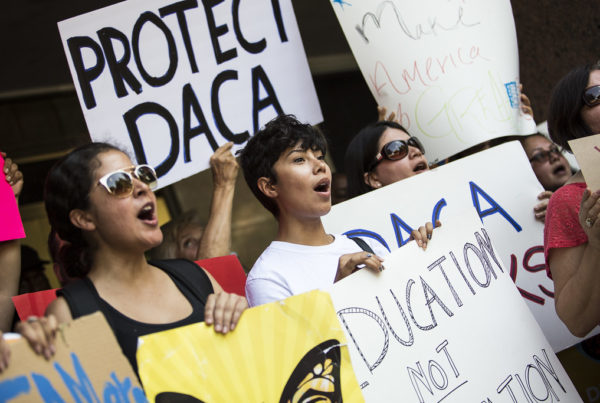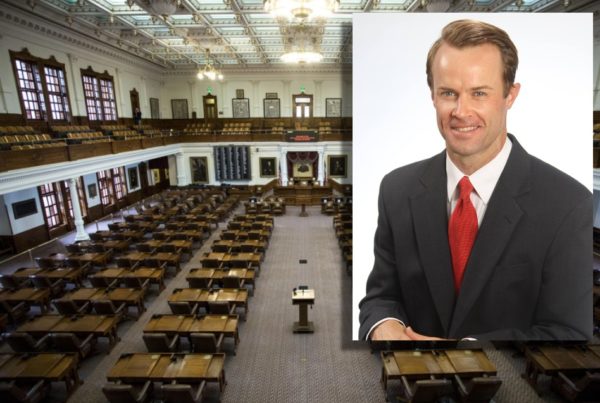On Tuesday, Texas Attorney General Ken Paxton filed a lawsuit in the U.S. Supreme Court against four battleground states, alleging they made unconstitutional changes to their voting laws before the 2020 election.
Paxton claims that had Pennsylvania, Georgia, Michigan and Wisconsin kept their voting laws the same – not expanding voting by mail, for example, because of the pandemic – President Donald Trump would have won reelection.
Steve Vladeck, the Charles Alan Wright Chair in Federal Courts at the University of Texas at Austin School of Law, told Texas Standard that Paxton’s suit is “preposterous” and unlikely to be heard by the Supreme Court – the only court that has jurisdiction in this case because it’s one state suing another.
“I think what this really is is an effort to try to force the Supreme Court’s hand. You know, we’ve heard about these cases going on in each of the states … and I think this is the attorney general trying to jump the queue and basically say, hey, Supreme Court, it’s now or never; you’ve got to resolve this election,” Vladeck said.
There’s a couple reasons the court likely won’t take on Paxton’s case. One is that it’s never been done before – the Supreme Court has never taken on a case between states that seeks to alter the outcome of an election. Also, similar lawsuits are already working their way through state courts, and that’s where the Supreme Court usually prefers such cases be resolved, Vladeck says. Even though the high court has so-called original jurisdiction in this case, it usually stays out of cases that haven’t worked their way through lower courts first.
“The court doesn’t like its original jurisdiction because it asks the court to function as a trial court; it’s used to functioning as an appellate court,” Vladeck said. “And so the court’s M.O., even in high-profile cases, even in politically sensitive cases, is if the issues are being addressed through cases in other courts involving other parties, the court will stay out of the original cases like this.“
Vladeck expects a brief denial from the court, but he doesn’t expect it to “strike back” with a strong opinion about why not.
“I think the court would, in fact, do a service if in one of these cases there was some kind of opinion explaining why the court should not be used like a political piñata the way that it’s being used right now by the president’s supporters,” he said. “I think the strongest statement the courts can send is just one-sentence orders denying all of this nonsense – the emergency application in Pennsylvania to throw out all of the mail-in votes … a one-sentence order denying that application, a one-sentence order in this new case; deny and leave to file.“
But even if Paxton is unsuccessful in the legal realm, his effort could be politically effective and that’s what troubles Vladeck.
“He’s counting on the fact that the courts aren’t going to meet him on the political terrain. And so he’s going to have that soapbox to himself. I think that’s part of why this is so offensive,” he said.














